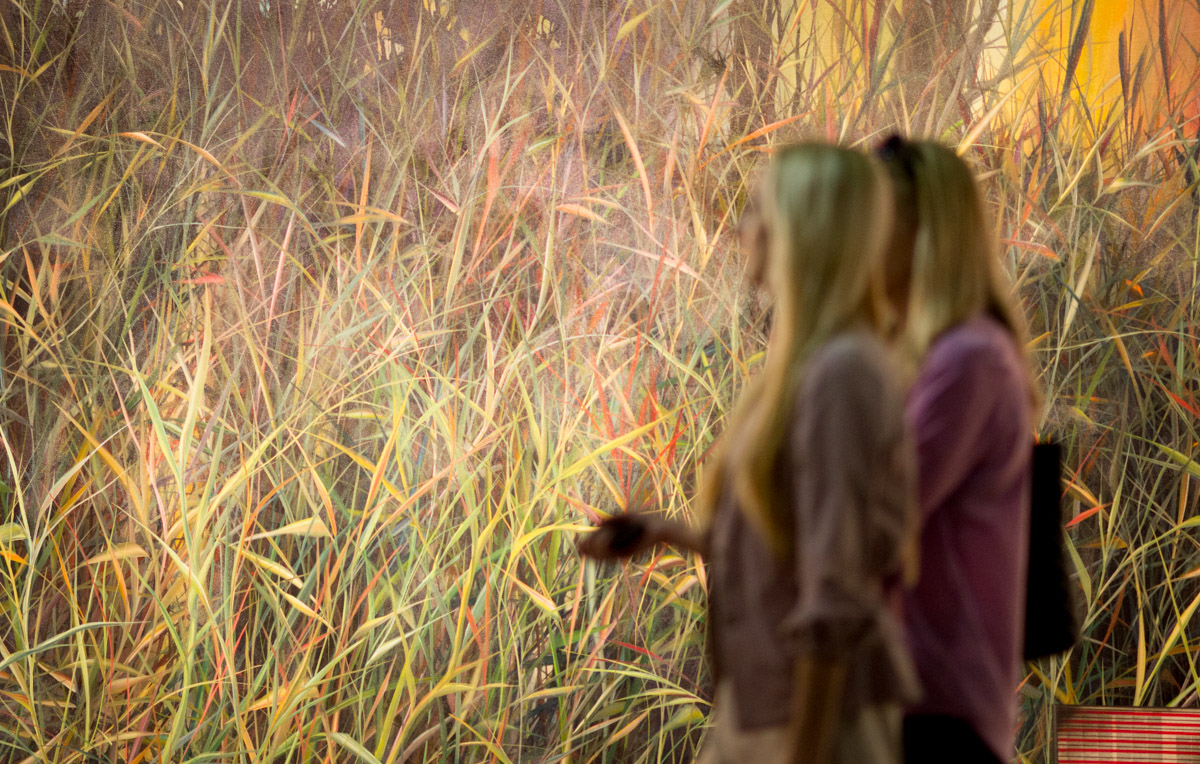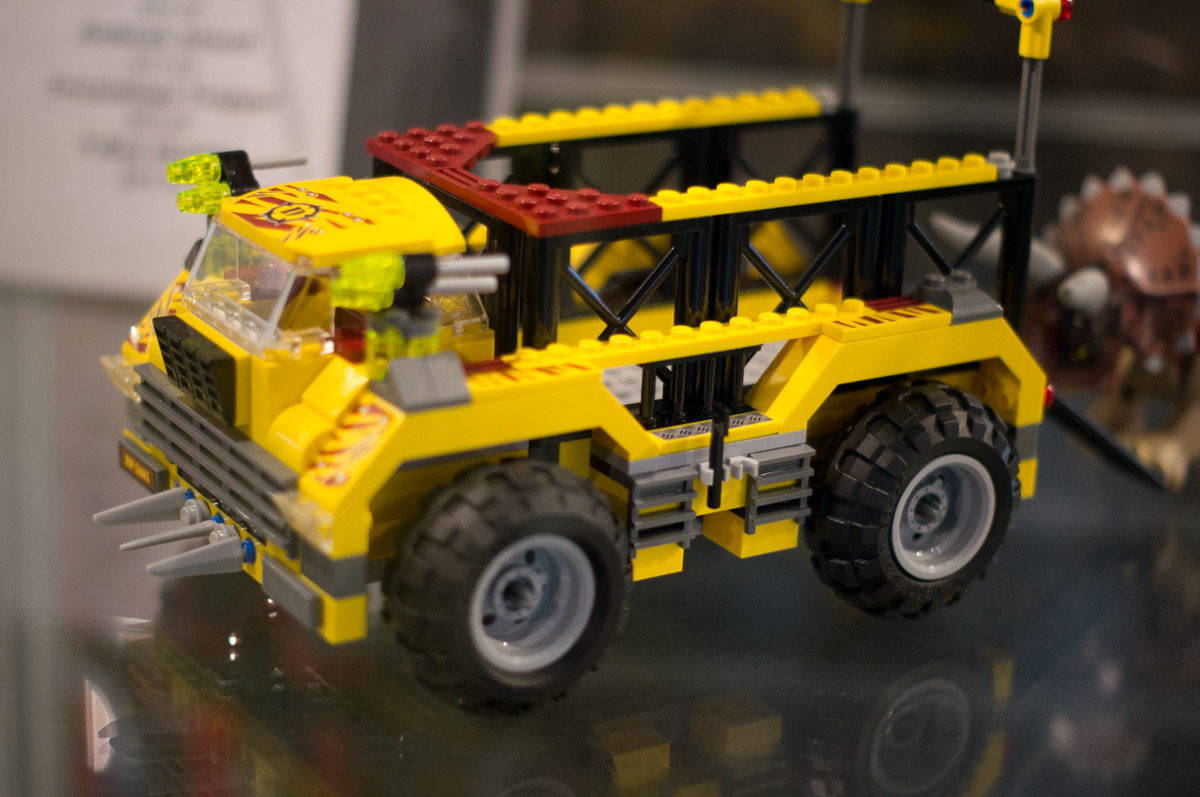Take a moment to figure out how much time you spend producing vs. consuming.
Your goal should be to increase the amount of time spent producing and to reduce the time spent on consuming (with some exceptions, such as reading; see below). Obviously, like everything else in life, it may be a good idea to find a balance here.
Let’s first define producing. A good definition is that it is the act of creating something new. That seems reasonable. But I tend to think of this as a spectrum. At one end (let’s say the right end) is the creative act of producing: you are building something by yourself or creating something completely new that didn’t exist (say at a lab with your lab coats on, or writing an essay, or doing woodworking). At the other end is some sort of active work. Repairing stuff is still producing by this definition. I would thus include the work done by a plumber in fixing broken pipes in this category.
Consuming is straightforward: it is the act of consuming what has already been produced. Watching a movie, scrolling through Instagram, spending hours on Twitter reading what others have written.
Nothing of significance was ever done without producing. Has anyone ever won an Emmy’s for binge-watching TV?
Producing is active, but consuming is passive.
Producing is hard, and consuming is easy.
When producing, you are learning and becoming smarter.
Reading is consuming by the above definition, but it is still helpful and, if done right, can be effortful and thus useful. Similarly, other forms of consuming, when done right, can be helpful. We will see this below.
Producing makes the world a better place
An interesting mental model I have is that everyone in the world is on a train, with the producers at the engine and the consumers at the carriages. The consumers pay the producers for the train ride. The producers are the ones that keep us going forward. The most creative people (those at the right end of the spectrum) are at the forefront of the engine, trying to figure out how to improve the ride. Then there are the other kind of producers (at the left end of the spectrum) who must take care of other mundane but necessary comforts.
Producing is what makes us innovative; it drives the economic engine.
Talking about Science, Naval says:
It actually changes the world. Applied science becomes technology, and technology is what separates us from the animals and allows us to have things like cell phones, houses, cars, heat, and electricity.
In a similar vein, I think the world is made richer by writers, poets, actors, directors, architects.
No wonder the variants of the word “producing” are used in so many places: productivity, gross domestic product, etc.
Producing exposes gaps in your knowledge
When I was into woodworking, I watched several dozen videos to learn the skill. I gradually started to gain confidence and even started thinking, “this is easy.” Only when I set out to do things, that’s when reality hit me. Even the most basic step of choosing the right lumber in the store was an order of magnitude harder than I had imagined.
When I started producing instead of consuming, I knew the gaps in my knowledge and then was able to fix them.
Similarly, only when you start writing, you get to know holes in your thinking.
Gabriel Weinberg, Lauren McCann, in Super Thinking say:
Second, try writing. Even if you never publish anything, the act of writing clarifies your thinking and makes you aware of holes in your arguments.
Producing can make consuming more interesting.
When you start to fill in the gaps and learn more about something, you can see things with a little bit more clarity. I was able to appreciate well-made furniture a lot better after I started woodworking. Before that, I was even blind to such things. Suppose I had stopped at watching those videos and never undertook the work; I would not have been blind but wouldn’t have been able to appreciate the artistry, the care, and the outcome. Not only that, I was able to see and grasp a lot more when I looked at furniture (e.g., what kind of joints were used, etc.) or watch videos of woodworking.
Another example is photography. When I learned photography, the world instantly became a much more interesting place in my eyes. I started seeing patterns that others missed. I was able to also look at photos and grasp more about the photo (e.g., what lens could have been used etc.)
Consuming when done right can help producing.
All of us read basic science books in middle and high school to lay down the foundation. We consumed that and without that we couldn’t figure out where to start. I consumed books, articles and videos on photography to get me started. I consumed several dozen youtube videos to learn about woodworking. That helped me get started. Once I got started, I was able to figure out the next thing I need to consume to fix the gaps in my knowledge. In the next round of videos, I consumed at a higher bandwidth than before. My mental representations kept getting better and better. It is questionable to call what I did as deliberate practice, but once consuming after producing gave me some form of feedback to correct my mistakes.
Producing makes you happy
There is a lot of joy to be derived from having done something meaningful. Do you recollect the times when you spent reading tweets, or do you remember the times you spent doing something? Producing builds rich memories that you can cherish at a later time.
Now tell me: where in the train would you rather be most of the time?

 Mental Models
Mental Models